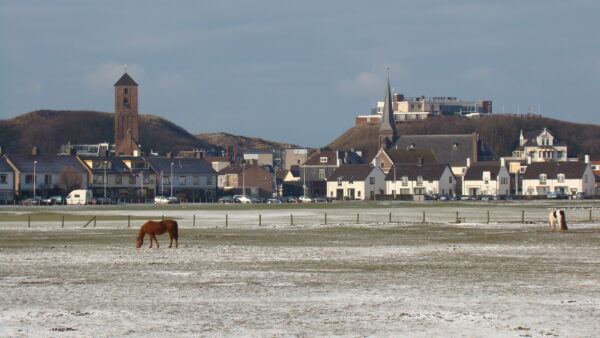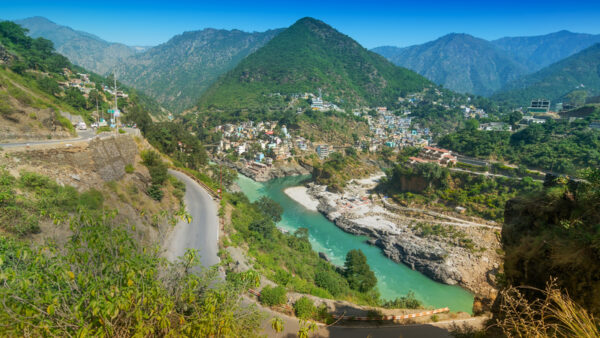At least 400 Ugandans working for a Chinese state-owned road builder in the African country went on strike this week to protest alleged sexual harassment by the company managers, mistreatment and poor pay.
I have not been paid for the last three months because I refused sexual advances from my boss– Agnes Namusisi
The workers demonstrated on 3 January outside the offices of China Railway Seventh Group in the country’s capital, Kampala.
The unrest comes a year after the World Bank suspended road project funding following outcry over construction workers from the company having sex with underage girls and causing pregnancies among pupils.
One of the workers in this week’s protest, Agnes Namusisi, said managers pay employees who agree to their sexual advances and withhold pay from those who refuse, AP news agency reported.
“I have not been paid for the last three months because I refused sexual advances from my boss,” Namusisi told AP.
Namusisi also alleged other mistreatment, including long hours and supervisors beating workers who are delayed getting to their jobs.
Work has been suspended for three days on the Chinese firm’s road project pending discussions between city authorities and company managers, said Geoffrey Rwakabale, town clerk of Kampala’s Kawembe division, AP reported.
“We have decided that workers temporarily stop working until Thursday as we engage the managers of the company,” Turwakabale said.
The mayor of Kampala, Erias Lukwago, said the city would consider blacklisting the company if it doesn’t address workers’ concerns, AP reported.
In December last year the World Bank canceled funding for a 225-km road construction project in western Uganda worth $265m after a review found evidence of misconduct including sexual harassment of female workers and road workers having sex with minors.
The project was awarded to state-owned China Railway Seventh Group in July 2013, and was overseen by the Uganda National Roads Authority (UNRA). The UN blamed all parties for the misconduct.
Image: Street scene, Kampala, Uganda, 2012 (Adam Jones, Ph.D./Wikimedia Commons)










